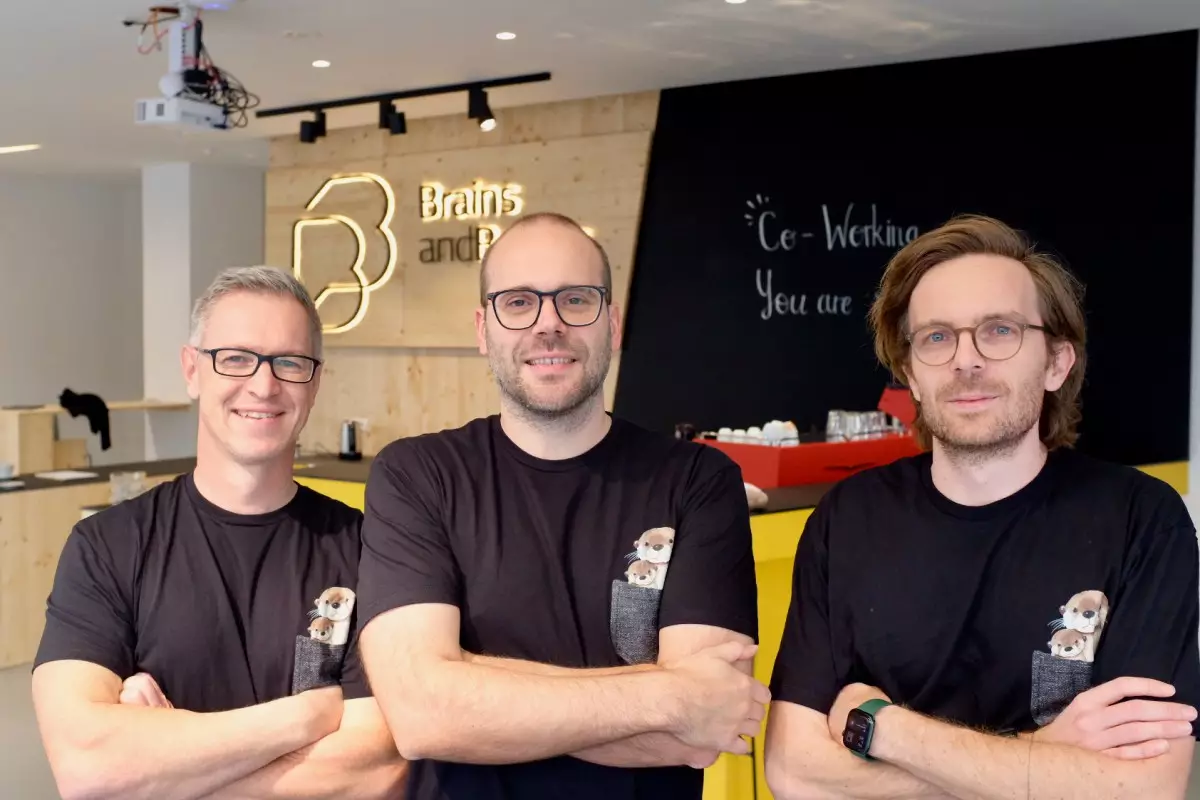The digital landscape has undergone a seismic shift in recent years, with 2024 marking a pivotal moment in how we perceive organic search traffic. The introduction of AI-generated search results has left many businesses grappling with a significant decline in their online visibility. As users increasingly turn to applications like ChatGPT and Perplexity for instant answers, traditional click-through models are being disrupted, leaving companies to adapt to a new paradigm of information retrieval.
Many businesses have reported a downturn in their organic traffic, and this decline often coincides with the rise of AI-driven search algorithms. Queries that once generated substantial click-throughs have started to yield results where users rarely navigate beyond the initial search page. This transformation compels companies to reevaluate their digital strategies, as the circumstances necessitate a deeper understanding of how AI impacts user engagement. The challenge lies in the absence of clear data on search behavior within AI interfaces, making it difficult for brands to optimize their outreach effectively.
This emerging issue has spurred the need for a new approach known as generative engine optimization (GEO), a term crafted to parallel search engine optimization (SEO). The CEO of Otterly.AI, Thomas Peham, has been a vocal advocate for this emerging concept, emphasizing its importance in the wake of AI’s proliferation in search results. Some experts may prefer the term AI search visibility optimization, as it encompasses a broader understanding of how businesses should adapt in the AI age. The conversation surrounding these terms underscores a critical evolution in digital marketing: the need for visibility beyond conventional click-through rates.
Otterly, an Austrian startup, has emerged as a leader in this space by developing tools that assist companies in monitoring and enhancing their footprint in AI search results. Unlike competitors such as Profound, which is still in the beta phase, Otterly has officially launched after reaching a significant milestone of over 1,000 users. Their strong debut on platforms like Product Hunt demonstrated a market readiness to embrace innovative solutions that track and analyze AI-driven search dynamics.
The introduction of Google’s AI Overviews in May 2024 fundamentally altered the search equation. By employing AI-powered summaries that provide instant information, the search engine diminished the necessity for users to click through to websites. Peham recounts the story of a SaaS company whose organic search traffic plummeted after they learned that AI Overviews were impacting half of their SEO keywords. For brands relying heavily on traditional SEO strategies, this newly revealed information acted as a catalyst for change, prompting them to seek immediate solutions.
Understanding the nature of search results is one thing; translating that knowledge into actionable strategies is quite another. Otterly is responding to this challenge by not only offering a dashboard for tracking visibility but also planning to incorporate a recommendation engine aimed at guiding marketing teams. Shifting from monthly to weekly tracking signifies a commitment to allowing brands to swiftly conduct experiments tailored to their content’s optimization. Thus, while the approach shares characteristics with SEO, the emphasis tilts toward brand visibility rather than mere clicks.
The driving force behind Otterly comprises a trio of experienced co-founders, including Peham, Josef Trauner, and Klaus M. Schremser. Each member brings unique strengths that enhance the startup’s capabilities. Their past success in building and selling the user feedback platform Usersnap allows them to navigate challenges effectively, with Peham’s background in marketing serving as the bedrock for the company’s vision. Under Peham’s leadership, Otterly aims to model itself after established entities in the SEO field, aspiring to become the go-to solution in the AI search landscape.
Otterly’s vision does not extend solely toward growth but also emphasizes collaboration within the industry. As they prepare for a potential partnership announcement with Semrush, Peham’s outlook reflects an understanding of the evolving market dynamics. Competing companies need not operate in isolation; instead, the potential for partnerships could prove beneficial as all parties aim to navigate the complexities introduced by AI. By fostering cooperative relationships, Otterly aims to solidify its presence in an ever-changing digital ecosystem, ensuring that businesses can thrive despite the challenges presented by AI search engines.
As generative engine optimization gains traction, the need for businesses to adapt their online strategies is crystal clear. In a world where AI dictates user behavior, understanding and embracing tools geared toward AI visibility will be crucial for maintaining relevance and success in the future.

